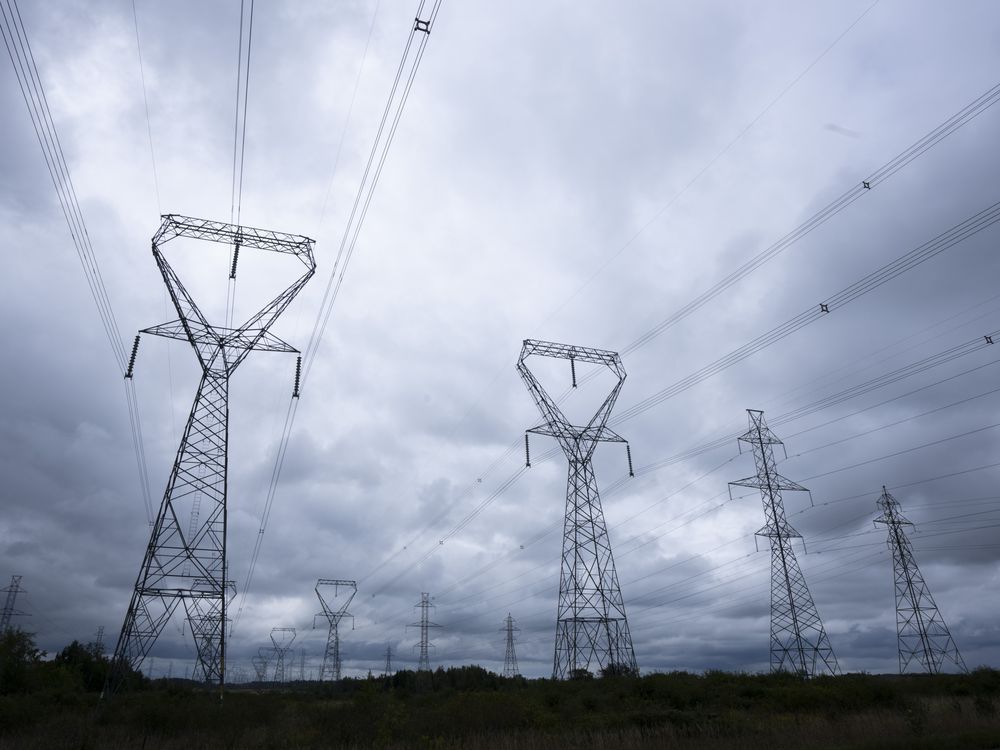Author of the article:
The Associated Press
Mark Sherman
Published May 09, 2024 • Last updated 11 minutes ago • 2 minute read

WASHINGTON (AP) — A divided Supreme Court ruled Thursday that authorities do not have to provide a quick hearing when they seize cars and other property used in drug crimes, even when the property belongs to so-called innocent owners.
By a 6-3 vote, the justices rejected the claims of two Alabama women who had to wait more than a year for their cars to be returned. Police had stopped the cars when they were being driven by other people and, after finding drugs, seized the vehicles.
Advertisement 2
THIS CONTENT IS RESERVED FOR SUBSCRIBERS
Enjoy the latest local, national and international news.
- Exclusive articles by Conrad Black, Barbara Kay, Rex Murphy and others. Plus, special edition NP Platformed and First Reading newsletters and virtual events.
- Unlimited online access to National Post and 15 news sites with one account.
- National Post ePaper, an electronic replica of the print edition to view on any device, share and comment on.
- Daily puzzles including the New York Times Crossword.
- Support local journalism.
SUBSCRIBE FOR MORE ARTICLES
Enjoy the latest local, national and international news.
- Exclusive articles by Conrad Black, Barbara Kay, Rex Murphy and others. Plus, special edition NP Platformed and First Reading newsletters and virtual events.
- Unlimited online access to National Post and 15 news sites with one account.
- National Post ePaper, an electronic replica of the print edition to view on any device, share and comment on.
- Daily puzzles including the New York Times Crossword.
- Support local journalism.
REGISTER / SIGN IN TO UNLOCK MORE ARTICLES
Create an account or sign in to continue with your reading experience.
- Access articles from across Canada with one account.
- Share your thoughts and join the conversation in the comments.
- Enjoy additional articles per month.
- Get email updates from your favourite authors.
Article content
Article content
Civil forfeiture allows authorities to take someone’s property, without having to prove that it has been used for illicit purposes. Critics of the practice describe it as “legalized theft.”
Justice Brett Kavanaugh wrote for the conservative majority that a civil forfeiture hearing to determine whether an owner will lose the property permanently must be timely. But he said the Constitution does not also require a separate hearing about whether police may keep cars or other property in the meantime.
In a dissent for the liberal members of the court, Justice Sonia Sotomayor wrote that civil forfeiture is “vulnerable to abuse” because police departments often have a financial incentive to keep the property.
“In short, law enforcement can seize cars, hold them indefinitely, and then rely on an owner’s lack of resources to forfeit those cars to fund agency budgets, all without any initial check by a judge as to whether there is a basis to hold the car in the first place,” Sotomayor wrote.
The women, Halima Culley and Lena Sutton, filed federal lawsuits arguing they were entitled to a prompt court hearing that would have resulted in the cars being returned to them much sooner. There was no suggestion that either woman was involved in or knew anything about the illegal activity.
Advertisement 3
Article content
Sutton had loaned her car to a friend. Police in Leesburg, Alabama seized it when they arrested him for trafficking methamphetamine.
Sutton ended up without her car for 14 months, during which she couldn’t find work, stay current with bills or keep her mental-health appointments, her lawyers wrote in court papers.
Culley had bought a car for her son to use at college. Police in Satsuma, Alabama stopped the car and found marijuana and a loaded hangun. They charged the son with marijuana possession and kept the car.
The Supreme Court decision means months or years of delay for people whose property is taken, said Kirby Thomas West, co-director of the National Initiative to End Forfeiture Abuse at the libertarian Institute for Justice.
“Meanwhile owners of seized vehicles will scramble to find a way to get to work, take their kids to school, run errands, and complete other essential life tasks,” West said in an email.
Justice Neil Gorsuch was part of Thursday’s majority, but in an opinion also joined by Justice Clarence Thomas, Gorsuch said larger questions about the use of civil forfeiture remain unresolved.
Noting that civil forfeiture has become a “booming business,” Gorsuch wrote the court should use a future case to assess whether the modern practice of civil forfeiture is in line with constitutional guarantees that property may not be taken “without due process of law.”
Article content
.png)
 1 week ago
10
1 week ago
10


























 Bengali (BD) ·
Bengali (BD) ·  English (US) ·
English (US) ·